Women’s Economic Development
Committed to the core belief that women are central to economic growth, the Women’s Economic Development Initiative supports partners who promote market activity which brings women to economic independence.
Since 2007, 872,845 women have enrolled in training and education programs across Bloomberg Philanthropies’ Women’s Economic Development Initiative, directly benefiting 3.4 million of their children and family members. These investments have increased the number of children educated and their parents purchasing their own health insurance.
News
Partnership with Women for Women International
Since 2008, Bloomberg Philanthropies has worked with the nonprofit Women for Women International in marketable skills so they can increase their incomes and support their families. To date, Women for Women International, with the support of Bloomberg Philanthropies, has trained 320,000 women in income-generating activities.
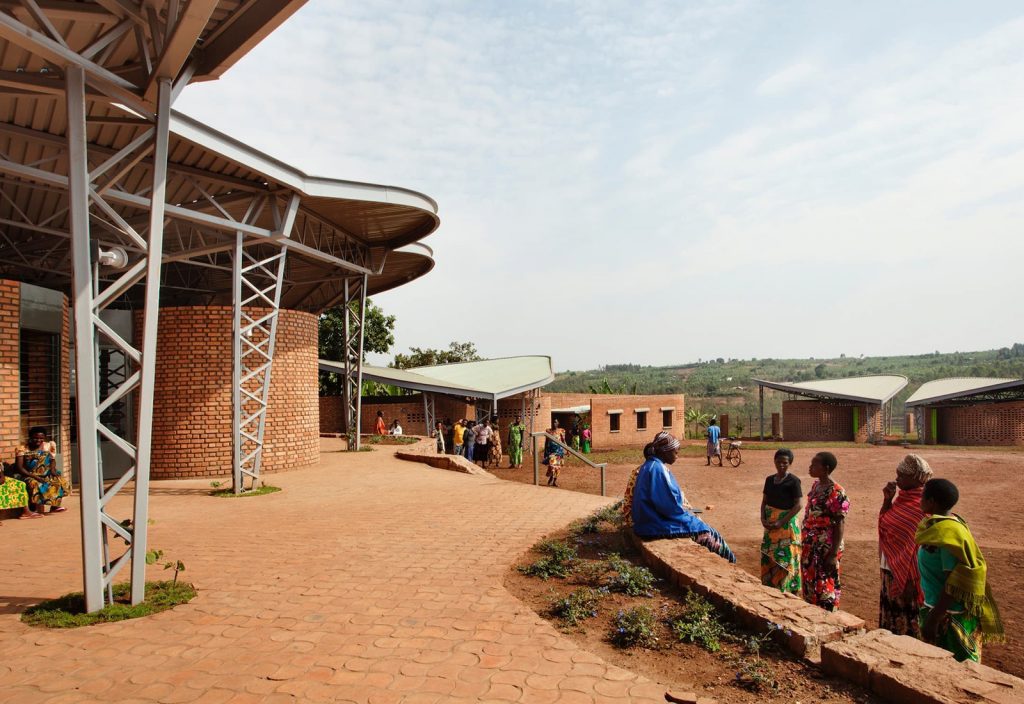
Partnership with Sustainable Growers
Since 2013, Bloomberg Philanthropies has invested in the innovative training of coffee farmers and producers, bringing smallholder farmers up through the coffee value chain. More than 58,000 women have been trained and produced coffee that is served in hotels, cafés, and airlines. Sustainable Growers was showcased at Expo 2020 in Dubai, and in an independent evaluation, it was shown that this model indicated that yields on farms worldwide can increase by up to 30%.
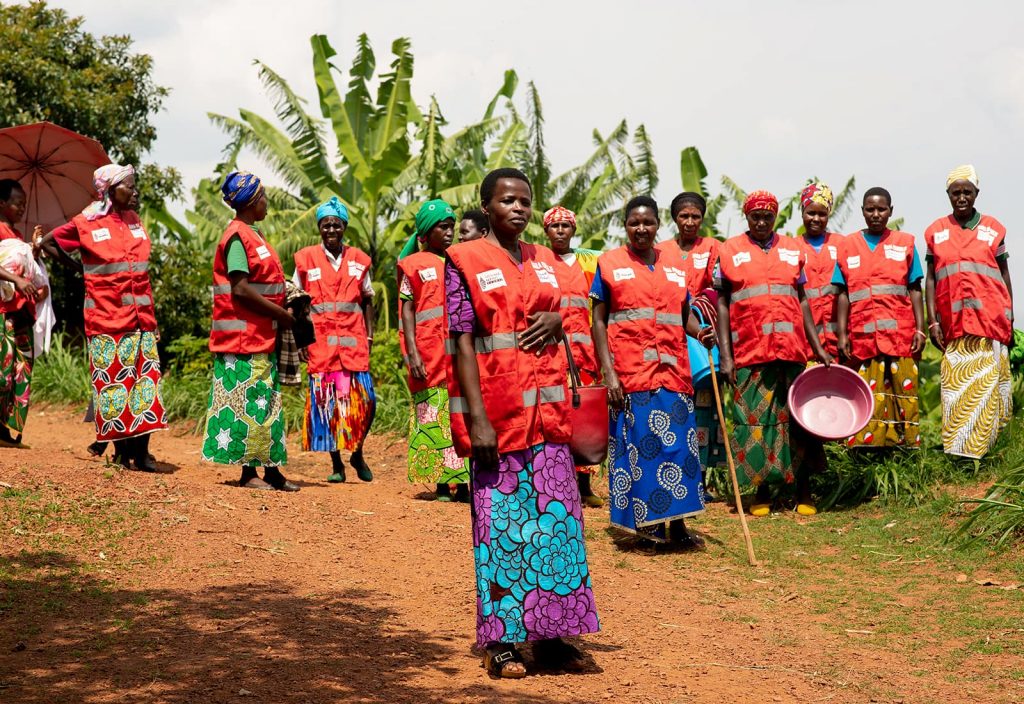
Partnership with Nest
In 2014, Bloomberg Philanthropies invested in the non-profit Nest to build the capacity of small organizations to reach artisans and handmakers, while creating market access to a global workforce. Since that time, Nest has reached more than 435,000 handworkers, while makers increased their incomes over the minimum wage by 108%.
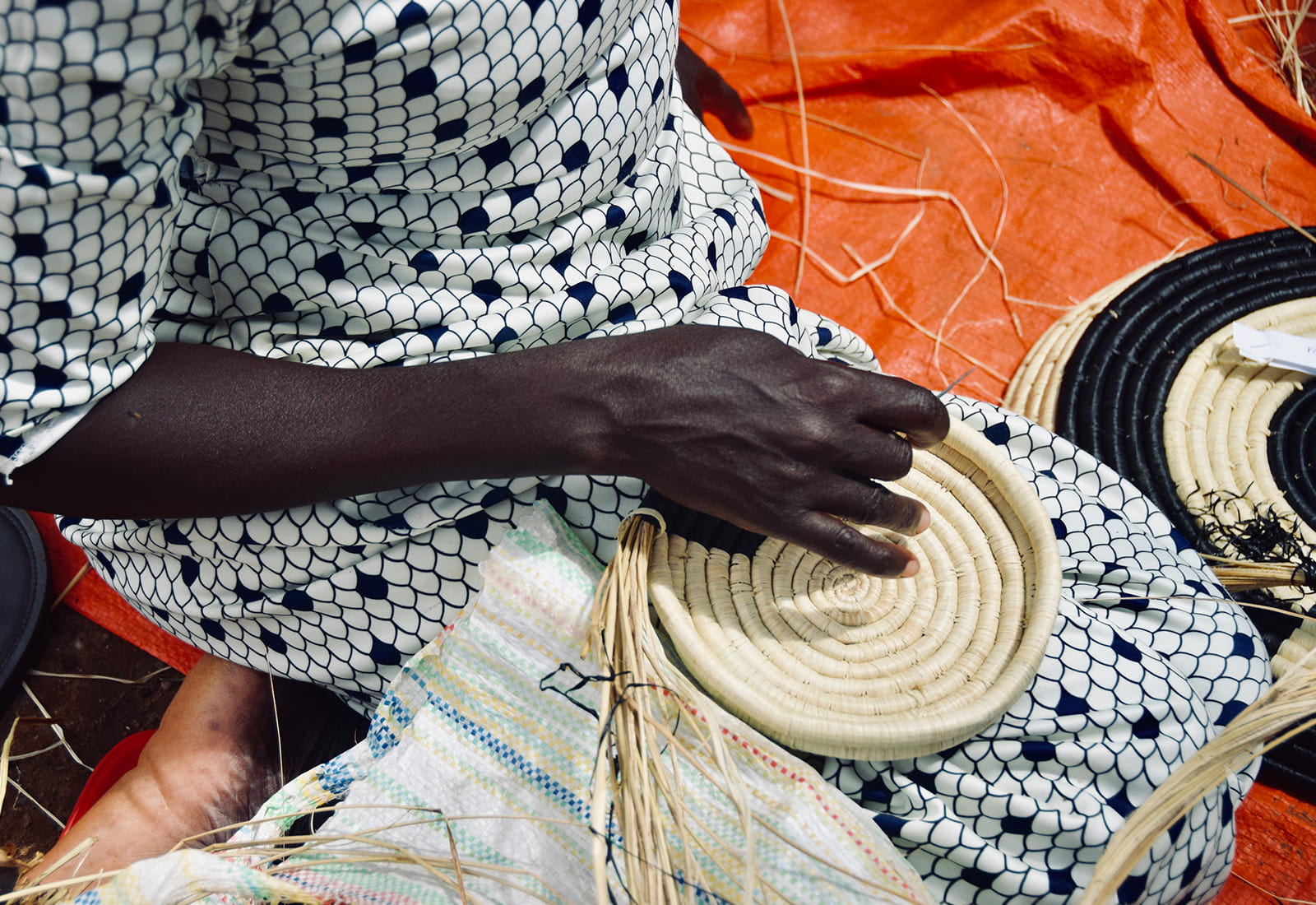
Partnership with CARE
In 2020, Bloomberg Philanthropies partnered with CARE to increase women farmers’ income and agricultural productivity through collective investments in Village Savings and Loan Associations. Building on the success of the program, which mobilized 29,000 Village Savings and Loan Associations, the partnership was expanded to train 41,000 Village Savings & Loan Association presidents reaching over 150,000 farmers.
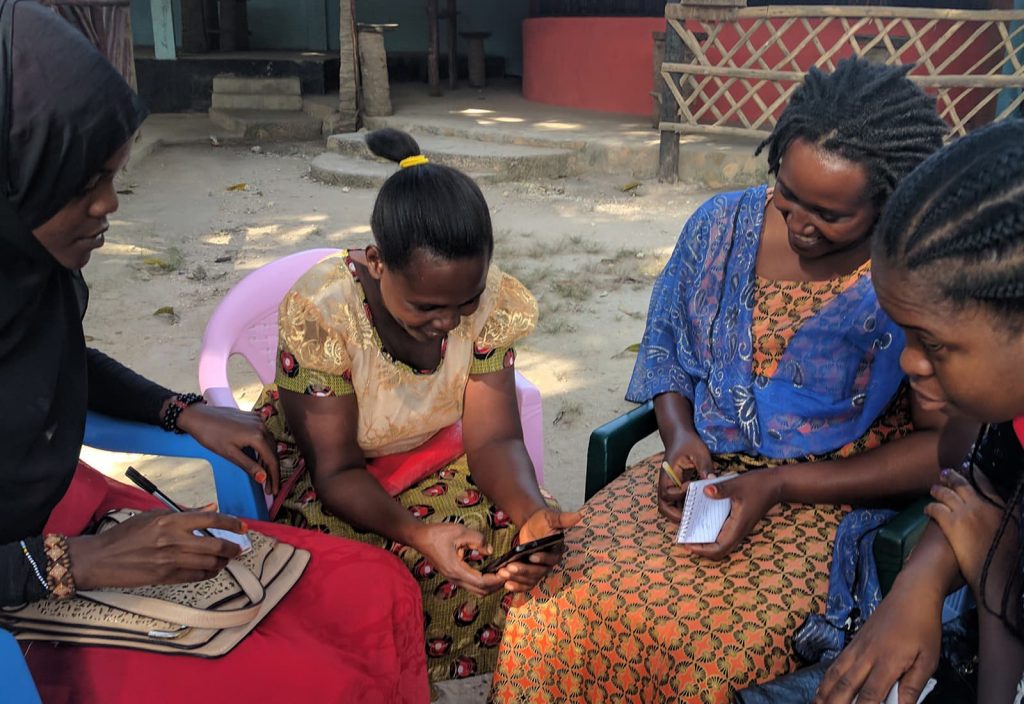
Partnership with African Women Entrepreneurship Cooperative
In 2021, Bloomberg Philanthropies and the African Women Entrepreneurship Cooperative partnered to support women entrepreneurs in Africa. Following a skills-based individual plan, women entrepreneurs develop long-term strategies and sustainable business models to ensure sustainable impact on their businesses and employees.
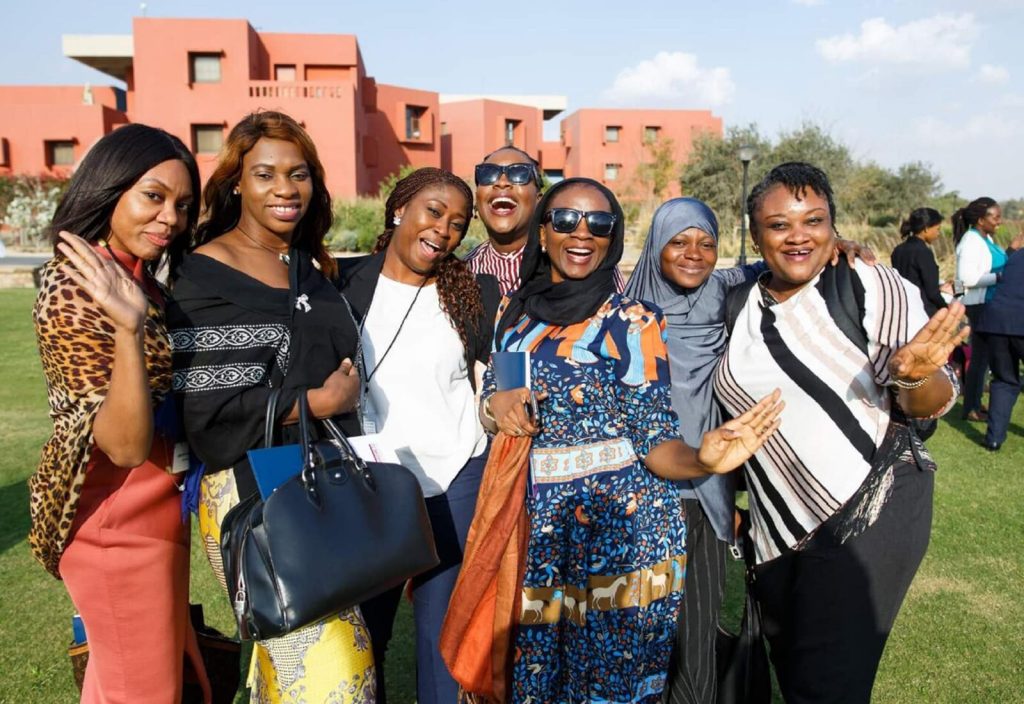
Evaluations
See reports about the work of the Women’s Economic Development program and our partners.
Hands to Heritage Documentary
Bloomberg Philanthropies has supported basket weaving initiatives in South Carolina and Africa to increase economic opportunities for people who work with their hands.
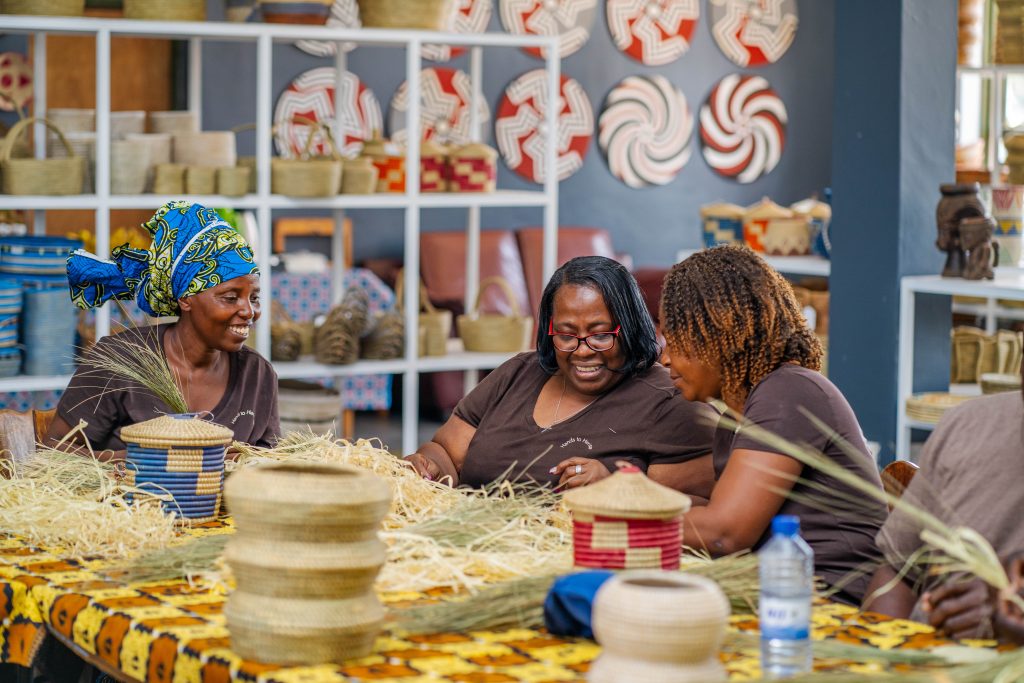
Product Catalog
See a Product Catalog featuring partners of the Women’s Economic Development Initiative.
Top photo: Women enrolled in Bloomberg Philanthropies funded training programs.